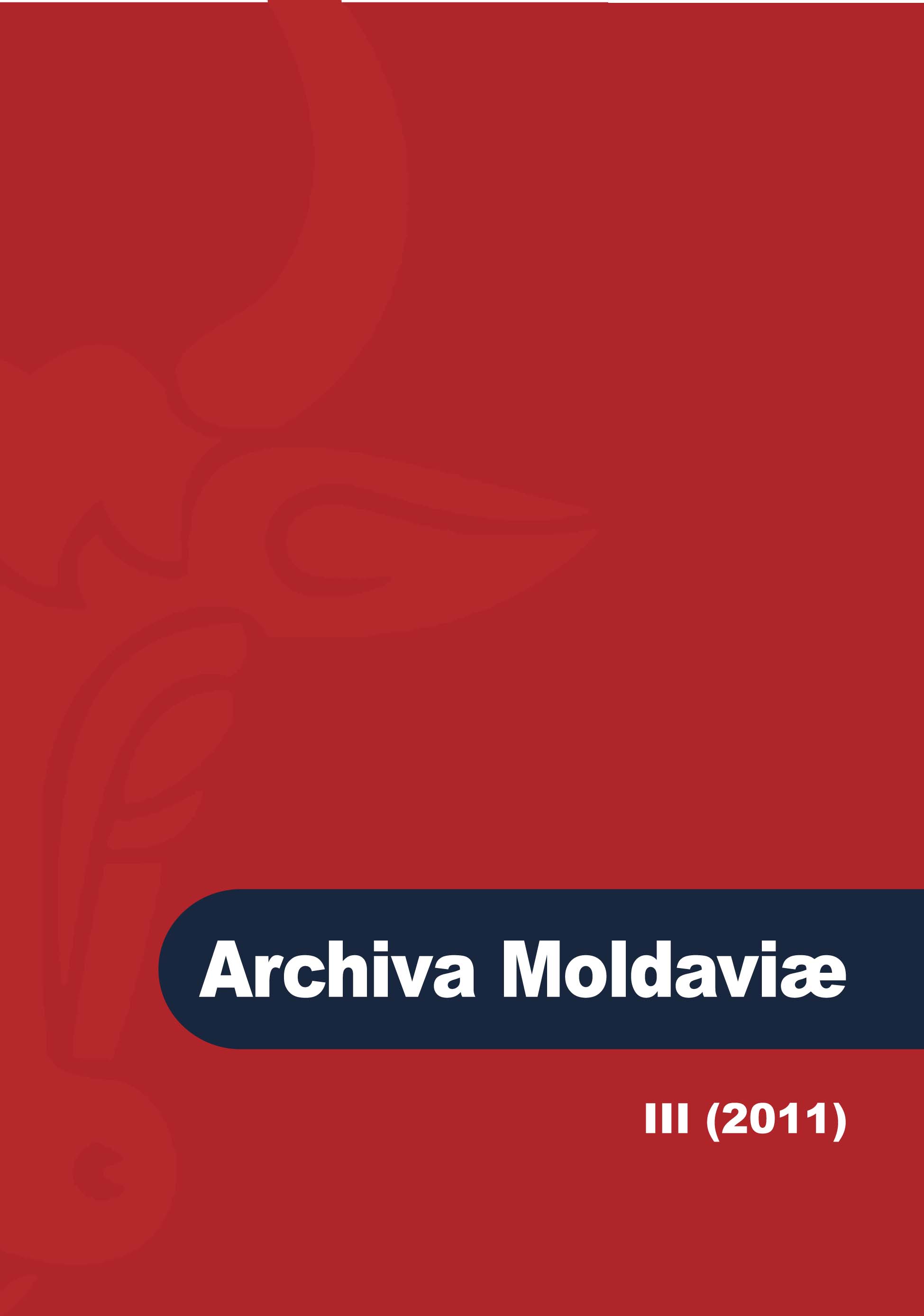La révolte de Ioan Vodă et les relations moldavo-ottomanes, 1538-15741 (I)
Ioan Vodă’s Revolt and Moldo-Ottoman Relations, 1538-1574 (I)
Author(s): Mihnea BerindeiSubject(s): History, 16th Century
Published by: Societatea de Studii Istorice din România
Keywords: Moldavia; Ottoman Empire; Ioan Vodă; Transylvania; Wallachia; Dimitrij Višneveckij; Habsburgs; Zaporozhian Cossacks; Crimean Tartars; tribute; gifts; political-economic-military obligations; Empire’s
Summary/Abstract: In order to underline the part that Moldavia played in the Ottoman political and economic system in the period indicated in the title, the author analyses the evolution of the tribute (harāǧ) and of gifts (peškeš) – the country’s contribution to the supplies of food and construction materials for the Empire, as well as to the military campaigns. The amount of the tribute rose spectacularly from 10,000 gold coins in 1538 to 40,000 in 1572. The vertiginous rise of the tribute is a consequence of the competition for the throne. The voivodes and their competitors are the ones who proposed the tribute rise and increasingly significant gifts in order to be appointed to or to keep the throne. Starting with 1538, Moldavia is more and more frequently solicited to provide supplies for Istanbul and the Imperial army. The Porte mainly asks for sheep and cattle, cereals (especially barely for the Imperial stables and the army), draft horses, suet, cloth and hemp for the needs of the recovering fleet after Lepanto, timber for the military constructions in the neighbourhood. These orders are paid at the market price or their value is deducted from the tribute. The two temporary interdictions of export, mentioned in this period of time for the products that interest the Porte in a specific way, cannot be interpreted as a proof for the establishment of a “commercial monopoly”. Between 1540 and 1568, Moldavia’s army was frequently mobilised to intervene in Transylvania, against the Habsburgs or their partisans, in Wallachia on the occasion of Mircea Ciobanul’s enthronement in 1553, but elsewhere as well. This considerable military effort had a positive consequence as well: the maintaining of the army’s potential and especially of the cavalry. Due to its value, Ioan Vodă managed to confront for several months the strong Ottoman army, in the summer of 1574.
Journal: Archiva Moldaviae
- Issue Year: III/2011
- Issue No: 3
- Page Range: 27-55
- Page Count: 29
- Language: French

